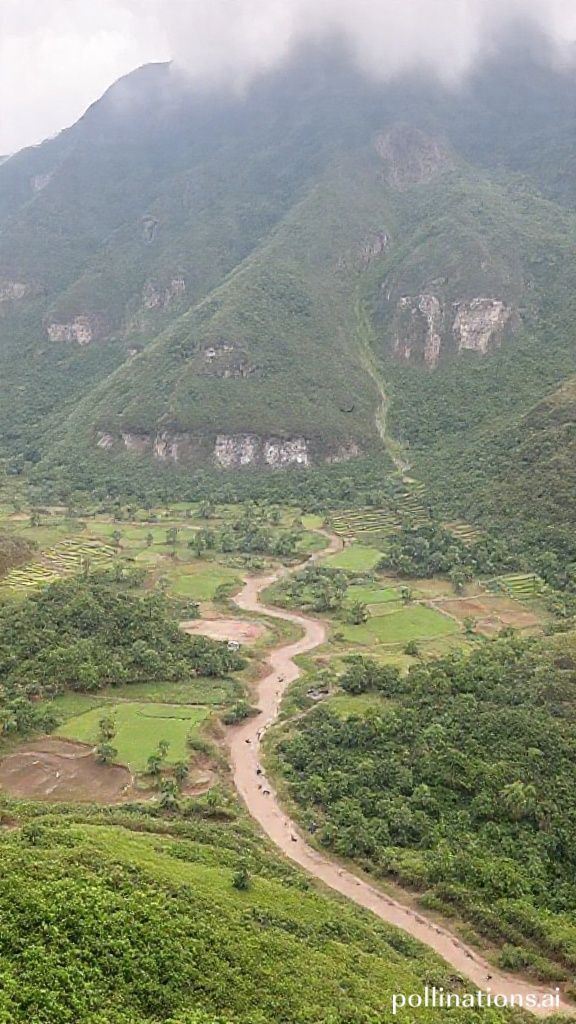
Philippines boosts resilience with new climate-smart strategies, Malacañang reports
Philippines boosts resilience with new climate-smart strategies, Malacañang reports

Boosting Resilience Philippines Embarks on Climate-Smart Strategies to Mitigate Climate Change Impacts
As the world continues to grapple with the far-reaching consequences of climate change, the Philippines has taken a proactive step towards strengthening its resilience. The government has launched new climate-smart strategies to address the impacts of climate change, particularly amid the increasing frequency and severity of tropical cyclones affecting the country.
A Unified Global Response is Crucial
According to Palace Press Officer Claire Castro, President Ferdinand Marcos Jr. has ordered concerned agencies to implement resiliency measures. She emphasized that climate change is a global challenge that requires a united response from all countries. The president often says that we need to work together to address this issue, Castro said during a press conference.
Innovative Solutions for Climate Resilience
To achieve this goal, the Department of Science and Technology has developed innovative solutions such as the Automated Furrow Irrigation System, which conserves water and improves crop yields through precise irrigation. The Smart Farming Initiative also uses soil and moisture sensors to boost agricultural productivity, ensuring food security for the country's growing population.
National Adaptation Plan Enhancing Resilience
The government is developing a National Adaptation Plan for a climate-smart and climate-resilient Philippines. This plan will focus on enhancing the country's ability to withstand the impacts of climate change, including extreme weather events and sea-level rise. The plan aims to reduce the vulnerability of critical infrastructure, protect human settlements, and preserve natural ecosystems.
Disaster Preparedness Technologies Saving Lives
The Philippine Atmospheric, Geophysical and Astronomical Services Administration has continued to invest in early warning systems and disaster preparedness technologies. These efforts aim to reduce the loss of life and property due to natural disasters, ensuring that affected communities receive timely assistance and support.
Global Cooperation for Climate Action
President Marcos has emphasized the importance of global cooperation in addressing climate change. In May, he urged developed nations and partners of the Association of Southeast Asian Nations (Asean) to bolster climate finance to make it accessible and sufficient for developing and poor nations that are most vulnerable to extreme weather conditions due to climate change.
Advocating for Climate Finance A Moral Imperative
As the host of the Board of the Fund for Responding to Loss and Damage, the Philippines will continue to advocate for scientific and evidence-based, investment-led, and transformative solutions to the climate crisis. The country has been chosen as the host of the Loss and Damage Fund Board, which is in charge of administering the multimillion-dollar climate fund.
Conclusion A Commitment to Climate Resilience
In conclusion, the Philippines' commitment to boosting resilience with new climate-smart strategies is a significant step towards mitigating the impacts of climate change. Through innovative solutions, global cooperation, and advocacy for climate finance, the country is demonstrating its determination to adapt to the changing climate landscape and ensure a sustainable future for its people.
Keywords Climate Change, Resilience, Philippines, Climate-Smart Strategies, National Adaptation Plan, Disaster Preparedness Technologies, Global Cooperation.
